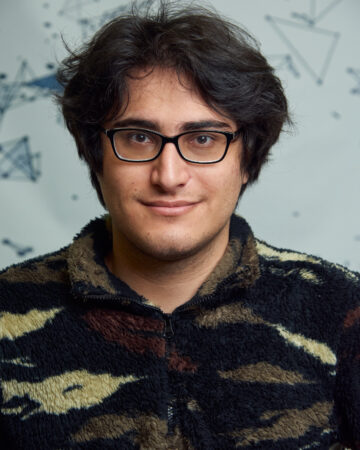IMDEA Networks

Transformer-Based Quantification of the Echo Chamber Effect in Online Communities

Vahid Ghafouri, PhD Student at IMDEA Networks Institute, Madrid, Spain
In-house Presentation
An Echo Chamber on social media refers to the environment where like-minded people hear the echo of each others’ voices, opinions, or beliefs, which reinforce their own. Echo Chambers can turn social media platforms into venues that polarize and radicalize users rather than broadening their exposure to diverse information. Having a quantified metric for measuring the Echo Chamber effect can aid moderators and policymakers in tracking and mitigating online polarization and radicalization.
Existing methods for Echo Chamber detection are either one-dimensional, only considering the network behavior of users while ignoring their semantic behavior, or require demanding supervised labeling, which is both expensive and less generalizable. This paper proposes a new unsupervised metric to quantify the Echo Chamber effect using Transformer models for context-sensitive processing of natural language (NLP).
Our metric quantifies (1) the effect of an Echo Chamber through the inverse effect of user diversity, and (2) polarization by means of user separability between two Echo Chambers in a topic. We test our analysis on three recent highly controversial political topics and a non-controversial topic: Russo-Ukrainian War, Abortion, Gun-Control, and SXSW music festival.
About Vahid Ghafouri
Vahid is a Ph.D. student in Telematics at IMDEA Networks Institute (+UC3M). His main area of research involves the application of NLP on social network data for measuring online polarization and radicalization.
This event will be conducted in English

